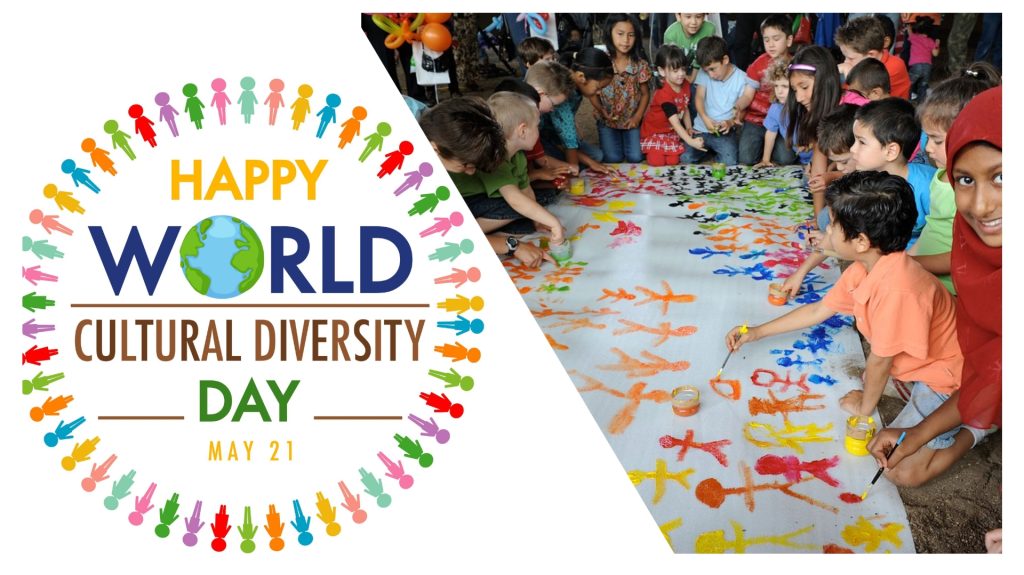
“On this Day, UNESCO would like to call upon everyone to celebrate cultural diversity, through which we will be able to build the intellectual and moral solidarity of humankind.” (UNESCO)
In 2001 UNESCO adopted the Universal Declaration on Cultural Diversity. In 2002 the UN General Assembly declared May 21 as the World Day for Cultural Diversity for Dialogue and Development .
As long as we have different human communities, there are myriad cultures, cultural expressions, and cultural ways of living. Rituals, languages, dress, eating habits, food gathering habits, verbal expressions, music, art, liberation movements, ethical norms, value systems, and the like are cultural modes.
Cultures grow as modes of thinking and intellectual or scientific developments grow. Unscientific expressions or ways of acting can impede a community’s development or forward motion. For example, even today in some communities witch craft, child marriage, colour complexes, dowry aystem, gender discrimination and other inhuman and unscientific exercises are aberrations. Even in so-called civilized societies dumping aged parents into old age homes is a common practice. Or ill treating them does not display a decent and ethical culture.
So, cultures do not mean indigenous people’s cultures only. There are European cultures, Asian, African cultures , Eurasian cultures etc. Each has its own place in human society as long as these cultures display humanistic ways of life, behaviour, attitudes, values and a healthy relationship with other cultures.
Children can be taught how to appreciate other people’s cultures. Students need to be guided to have healthy interpersonal relationship with people of diferent cultures .
The main goals proposed by UNESCO on this occasion are:
- Support sustainable systems for the governance of culture.
- Achieve a balanced flow of cultural goods and services.
- Integrate culture into the frameworks of sustainable development.
- Promote human rights and fundamental freedoms.